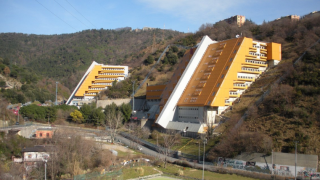The two parties will collaborate to develop systems, set standards and ensure global interoperability through the harmonisation of spectrum bands.
An industry MoU was also signed between the EU’s 5G Infrastructure Association – members include vendors such as Alcatel-Lucent, Ericsson and Nokia, as well as carriers such as Deutsche Telekom, Orange, Telecom Italia and Telefónica – and South Korea’s 5G Forum.
The move could help the EU leverage South Korea’s expertise in next-generation mobile technology. The country is set to invest $1.5 billion in the deployment of a 5G mobile network, which is due to be operational in 2020. The nation is already home to some of the world’s fastest internet speeds, as well as the first implementation of LTE-A.
After finding itself relatively left behind in the race to 4G, the EU has made clear that it wants to adopt a leadership position in 5G.
In December, the European Commission and the 5G Infrastructure Association launched a public-private partnership programme to stimulate research of the technology in Europe, which is to receive €700 million in funding from the EU over the next seven years.
The agreement was signed in Seoul by Neelie Kroes, VP of the European Commission for the Digital Agenda, and Mun-Kee Choi, South Korea's minister of Science, ICT and Future Planning.




